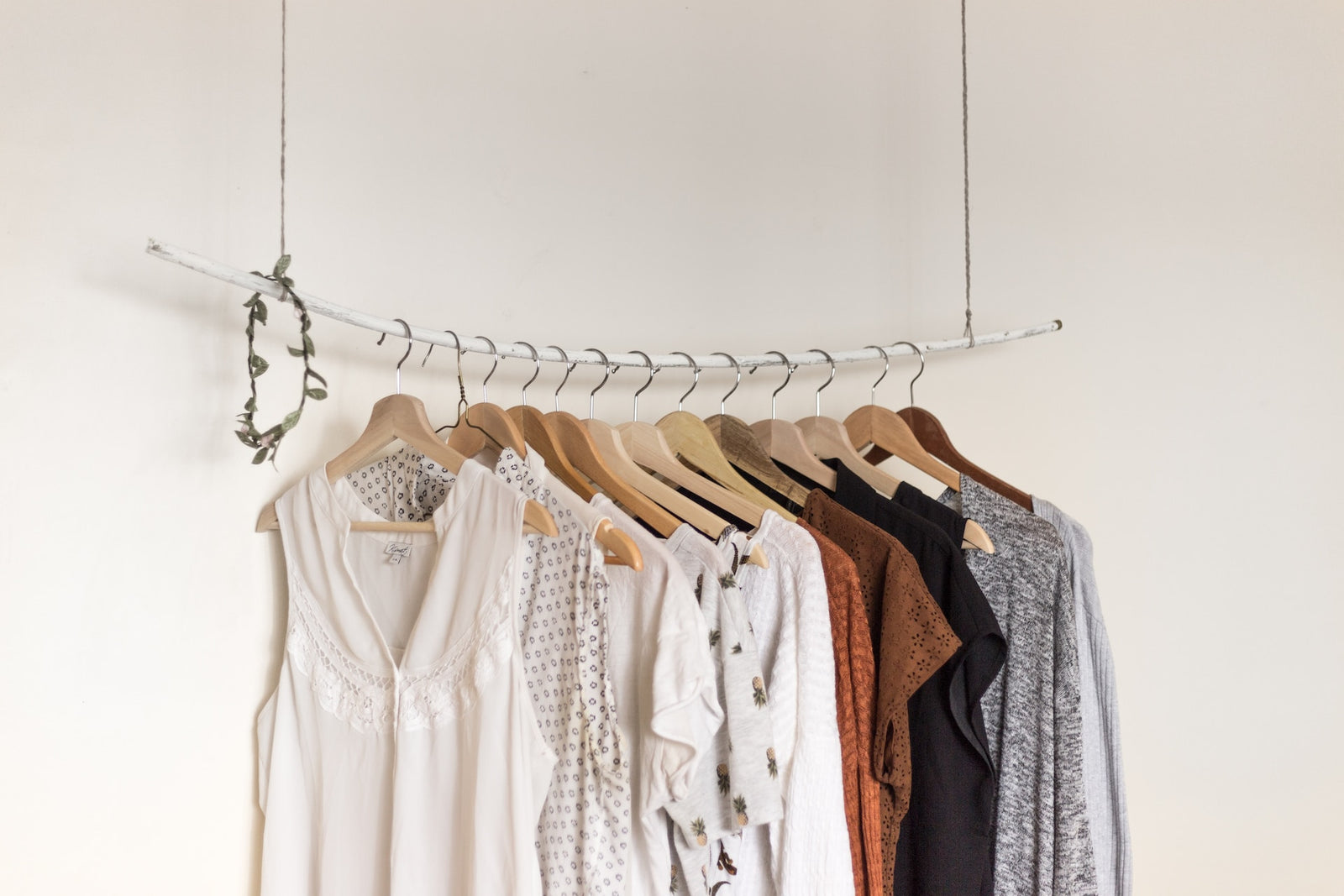In the fashion world, the differences between small-label and mass production are as stark as the difference between a hand-crafted cocktail and a keg of beer at a frat party. There are two distinct approaches to clothing production: small-label and mass production. While both methods aim to create high-quality garments, they differ significantly in their production processes, distribution channels, and overall impact on the fashion industry.
In this article, we'll explore the differences between these two, so read on to learn more!
Small Label Production
What Are Small-Label Production Methods?
Small-label production is all about the artisanal touch, using traditional techniques and taking time to ensure that each garment is crafted with care and attention to detail. It refers to small, independent fashion labels producing clothing items. These labels typically have a niche market and produce limited quantities of their designs. The production process involves traditional methods and techniques, often hand-sewing and attention to detail.
Production Process
Small-label production involves a slower and more hands-on production process. The production process starts with the design phase, where the designer creates sketches and patterns and selects fabrics. Then, the material is cut to the appropriate size and shape. The sewing phase involves machine and hand-sewing, with particular attention given to each garment's details, such as buttons, zippers, and pockets. The final step is quality control, where each garment is carefully inspected for flaws and defects.
Distribution Channels
Small labels typically sell their garments through brick-and-mortar stores, online stores, and sometimes boutique retailers. The limited distribution channels focus on building a loyal customer base rather than mass-market appeal.
Impact on the Fashion Industry
Small-label production has a minimal impact on the fashion industry's overall production and consumption patterns. However, it offers a unique and personalized approach to fashion and provides an alternative to the fast fashion industry.
Mass Production
What Is Mass Production?
Mass production, on the other hand, is like a fast-food chain churning out burgers by the millions. It's all about speed, efficiency, and pumping out as many garments as possible to meet the insatiable hunger of the fashion industry. It refers to the production of clothing items on a large scale using industrial machines and processes. This method aims to produce large quantities of garments quickly and efficiently, focusing on meeting consumer demand.
Production Process
Mass production involves a highly automated production line where each worker is responsible for a specific task. The process starts with the design phase, where a designer creates a sample garment. The sample garment is then replicated on a large scale using industrial machines. The garments are cut, sewn, and assembled on the production line, with minimal attention paid to detail. The final step is quality control, where garments are inspected for flaws or defects.
Distribution Channels
Mass-produced garments are sold through various distribution channels, including retail stores, online marketplaces, and discount outlets. The focus is on reaching as many consumers as possible, with a wide range of styles and sizes available.
Impact on the Fashion Industry
Mass-production significantly impacts the fashion industry, driving production and consumption patterns. The fast fashion industry relies heavily on mass-production techniques, producing large quantities of garments at low prices. This approach has led to environmental degradation, poor working conditions for garment workers, and a culture of disposable fashion.
Conclusion
While small-label production offers a unique and personalized approach to fashion, mass production has led to a culture of disposable fashion that's as sustainable as a paper straw in a hurricane. While small labels prioritize traditional methods, attention to detail, and ethical and sustainable production practices, mass-production techniques focus on producing large quantities of garments quickly and efficiently, often at the expense of environmental and social considerations. As conscious consumers, it's essential to understand the impact of our fashion choices and support brands that align with our values, whether it's small labels or those committed to sustainable and ethical mass-production practices.
So if you want to make a statement with your fashion choices, skip the fast-fashion chains and opt for sustainable and ethical clothing labels like Bastet Noir. Not only will you be supporting women micro-entrepreneurs and single mothers, but you'll also be contributing to a better future for fashion and the community. It's a win-win situation!

The concept of a capsule wardrobe has become synonymous with minimalist, versatile,...
Bastet Noir's Ultimate Guide to Building Your Custom-Made Capsule Wardrobe

Fashion holds power, not just in the way it makes us feel or how it expresses our p...

